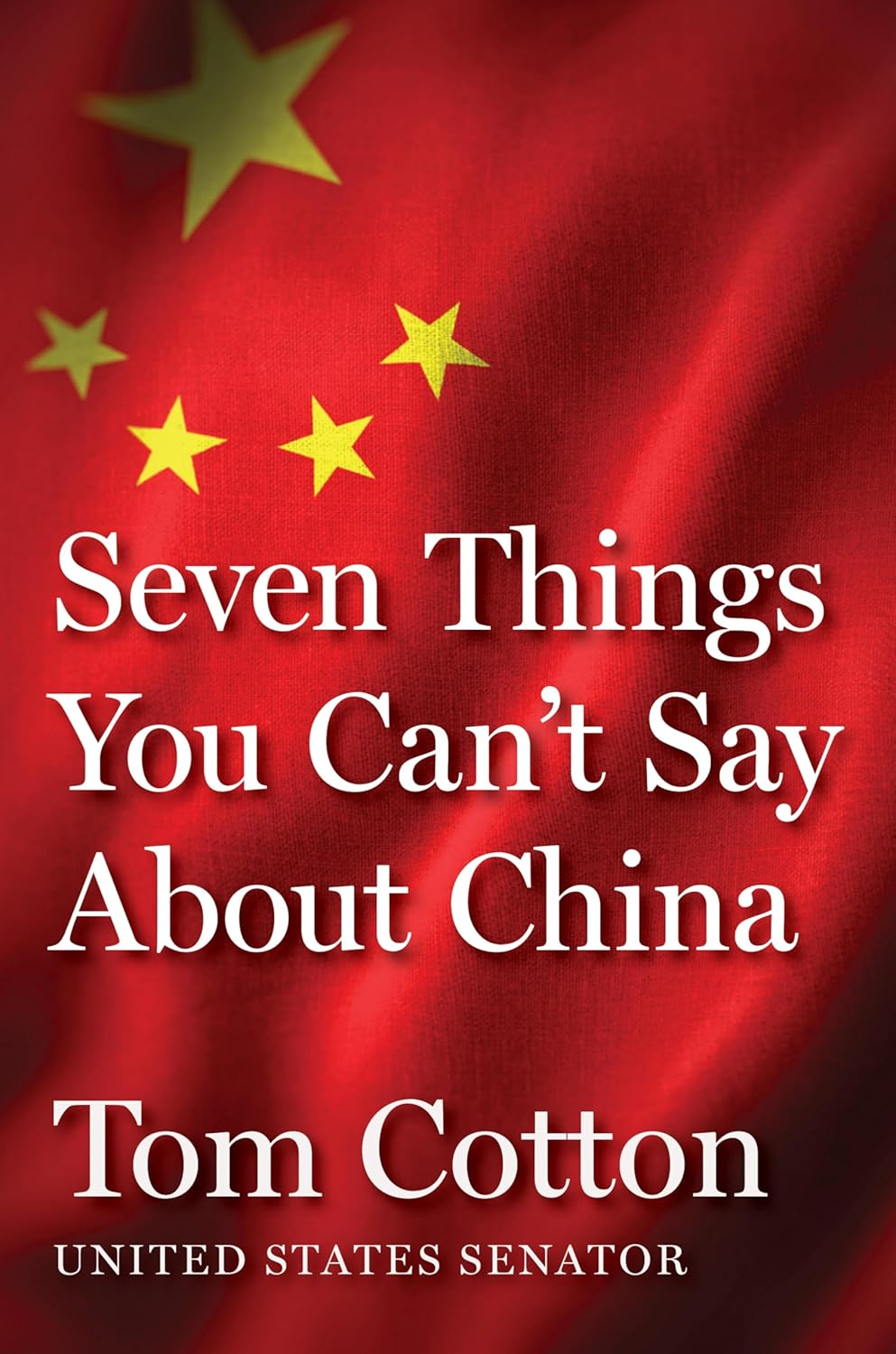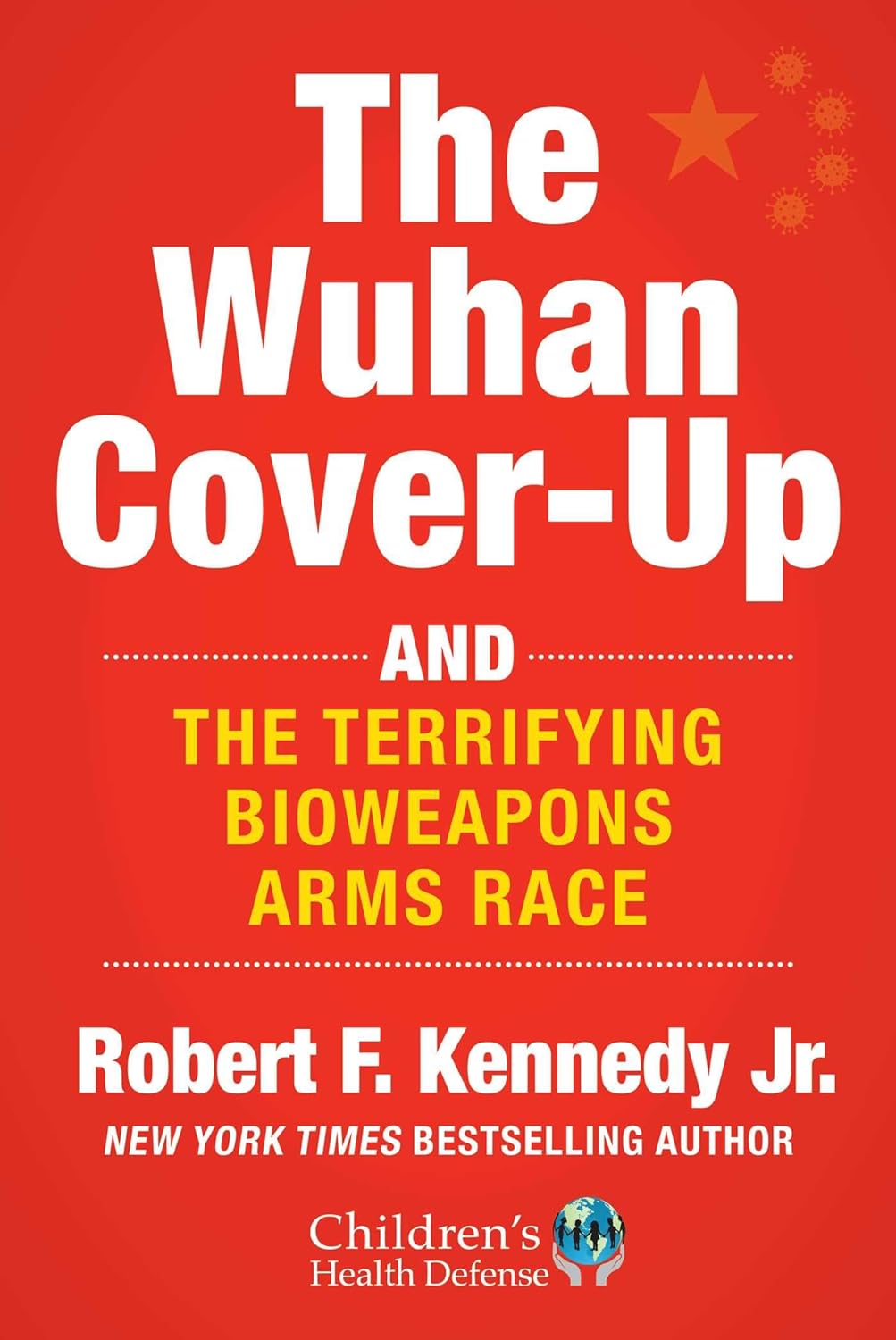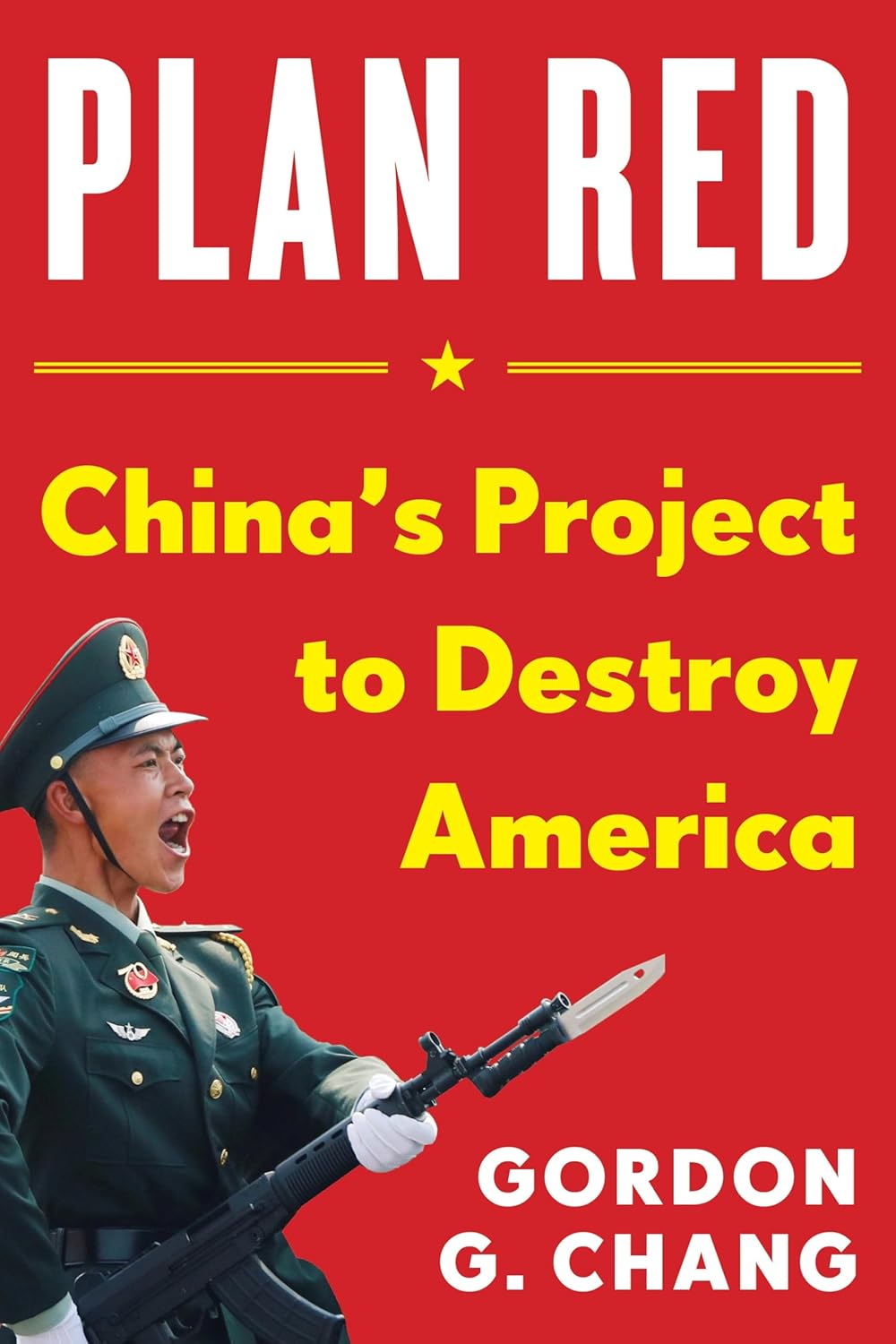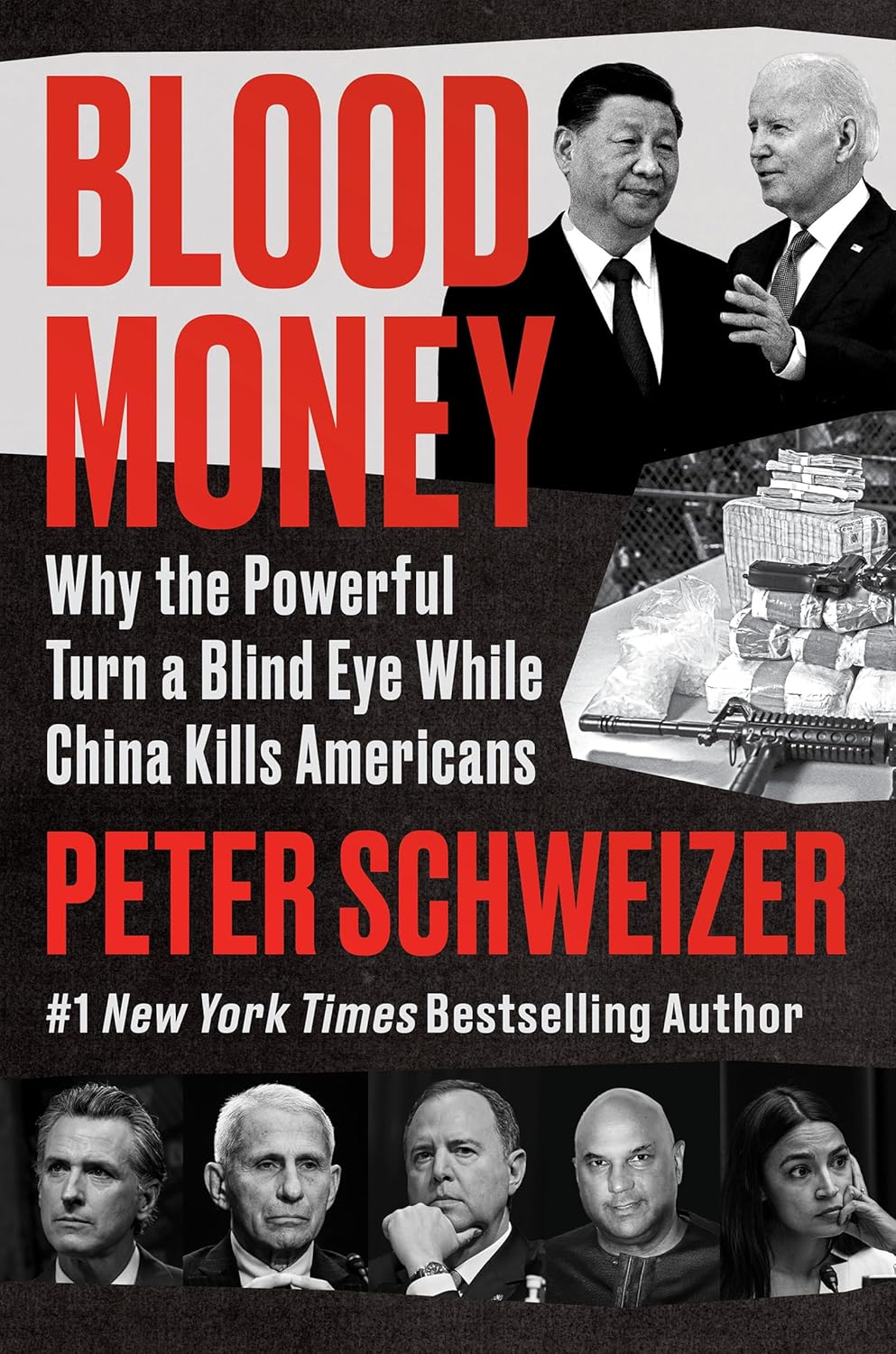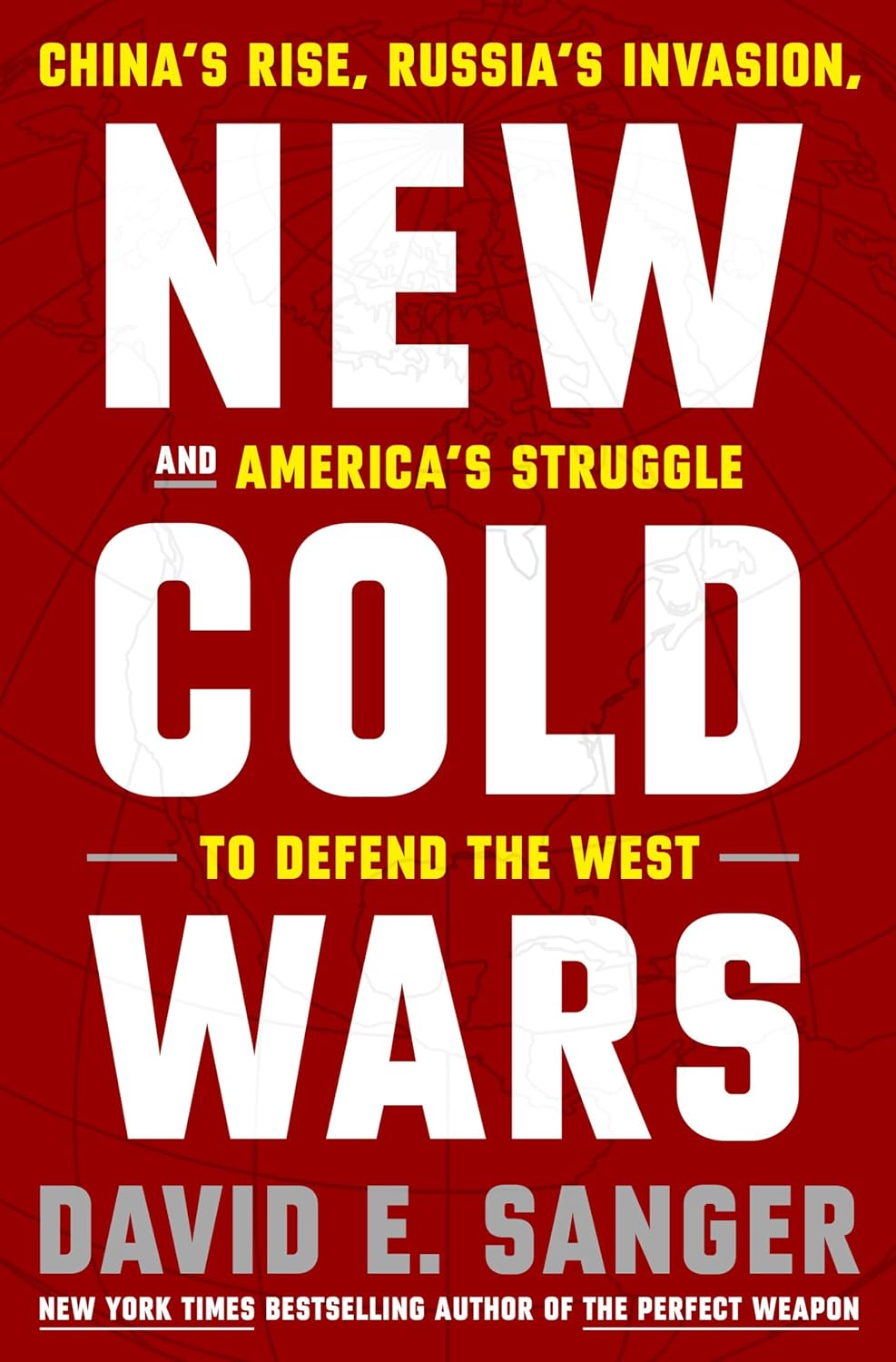At China Books Review, we spend our time on books we think you should consider reading. But what are Americans actually reading about China? Every month, in addition to our lists of recent and upcoming China books, we publish a list of China-related bestsellers, using data from Amazon.com’s overall bestseller rankings (which don’t incorporate bookshop sales but are a reliable bellwether). Studying these titles reveals that American reading appetites, when it comes to China, skew towards conspiracy theories and analyses of Cold War redux — with a smattering of cookbooks and young adult fiction sprinkled into the mix, as well as some top-notch reportage.
For this month’s column, we’ve chosen to focus on one subgenre that sells the best: conspiracy theories and China-vs-America books, many of which have a distinct right-wing flair (and book covers that are equally red). While each of the below titles is distinct in breadth and quality, they all have one thing in common: they’re really about America. In them, China, its agents and its sympathizers, are presented as the cause of the myriad social ills — addiction, violence, poverty and disease — that plague American society. So read on for a Senator’s warning of censorious China-loving elites; the nation’s top health official’s wild allegations of Chinese bioweapons; an infamous Twitter gadfly’s prediction of a Chinese Communist Party invasion; more conspiracy theories about Chinese infiltration into America; and a palette-cleansing reported work on the “new Cold War.”
Seven Things You Can’t Say About China
It’s hard to swallow when a U.S. Senator publishes a book through a prestigious imprint asserting “you can’t say” the truth about China. But in his latest book, Senator Tom Cotton (R-Ark.) alleges exactly that. “China sympathizers have ruined the careers and livelihoods of many Americans,” he contends. Thank god, then, for brave, brave, brave, brave Sir Cotton! A mix of summarized news reports and potted history, Seven Things is a look into the mind of a new Cold Warrior. Cotton marries the legitimately scandalous (the PRC’s mass incarceration of Uyghurs in Xinjiang) to the merely pathetic (John Cena begging for forgiveness in bad Mandarin after calling Taiwan a country) to make sweeping claims about communist infiltration into American society. This slim text is presented as a wake-up call about the danger that China poses, yet Cotton’s prose has a soporific effect. Skip instead to the “notes on sources,” where Cotton cites the work of the talented historians, researchers and journalists whose work he relied on to back up his alarmism.
The Wuhan Cover-Up
And the Terrifying Bioweapons Arms Race
At least seven million people have died of Covid since the virus ripped through Wuhan in late 2019. Where did this deadly disease come from? Nobody knows for certain. China’s stonewalling of legitimate WHO investigations has opened the door to conspiracies of all sort. In this vacuum, Robert F. Kennedy Jr. is all too happy to furnish an unproven answer: Covid is a bioweapon designed in a Wuhan lab at the behest of Dr. Anthony Fauci, the scientist who led infectious disease research at the National Institute of Health for decades. The book, running at 986 pages, is light on evidence but heavy on officious acronyms (the opening chapter alone mentions WHO, NIH, CDC, USAID, NIAID, BMGF, WEF, CEPI, PHEIC, AMA, APA, PATH, NTI, BARDA and more). The Wuhan Cover-up’s main argument is a classic conspiracist trick: suggesting a predictable disaster was a planned one, tarring foresight as malice. Yet fringe theories are now mainstream. RFK Jr., benighted scion of the Kennedy political dynasty, currently runs the Department of Health and Human Services.
Plan Red
China’s Plot to Destroy America
At under 60 pages of actual text, Gordon Chang’s latest work is more pamphlet than book. Unchastened by the failure of his infamous prediction in 2001 that the CCP would collapse by 2011, Chang now sees the Party as all-powerful. Plan Red centers on the bizarre claim that “the mass murder of Americans is a popular theme in Chinese society.” China, in Chang’s telling, is coming to kill you, your loved ones and everything you hold dear. As proof, he offers the familiar boogeymen of fentanyl and Covid — both engineered to kill Americans, he claims. But he doesn’t stop there. Chang shares wild rumors of Chinese soldiers crossing the Darien Gap, drinking chicken blood in the jungles of Panama as part of a People’s Liberation Army rite, eventually crossing America’s southern border to become sleeper cells ready to wreak havoc if a hot war ever breaks out. His source? A WhatsApp message. Even in this mercifully short read, Chang’s bombastic fear-mongering gets old quick.
Blood Money
Why the Powerful Turn a Blind Eye While China Kills Americans
Peter Schweizer, a former George W. Bush speechwriter, is a pro at using immutable facts to draw dubious conclusions. Fentanyl, precursors for which often come from China, has killed hundreds of thousands of Americans. Does that mean that U.S. elites are colluding with the Chinese government to murder Americans? Schweizer thinks so. The book deploys the standard tricks of conspiracy: so many footnotes you think he’s numbering his sentences; the faux authenticity of Chinese idioms as section headers; and a shotgun-blast writing style that blinds readers to reason with the birdshot of minutiae. Almost everything wrong with America is China’s fault by either commission or omission. West Point military academy cadets overdosing on cocaine in Florida? China. Increased machine-gun fire in Minneapolis? China. An Ariana Grande “skin” in the video game Fortnite? China. (What’s even wrong with that?) There’s plenty of cold hard cash in selling fever dreams, but little return for those who read them.
New Cold Wars
China’s Rise, Russia’s Invasion, and America’s Struggle to Defend the West
David Sanger, a Pulitzer Prize-winning New York Times national security correspondent, is a familiar name to readers of The Grey Lady. His book New Cold Wars is an exception on this list of works by cynics and kooks precisely for its sanity and reporting chops — though this work, too, uses China as a prism through which to view the United States. Published in 2024, Sanger makes an argument still relevant to the post-Biden world: that American naiveté about China and Russia’s geopolitical ambitions has led to a destabilized international order. Deeply sourced among top Biden officials and other national security experts, Sanger’s book is one of those proverbial first drafts of history (and a bit portentous about it) written with a newshound’s touch for narrative pacing. Soberingly, Sanger calls readers’ attention to what this “new” cold war has in common with the old one: the ever-present threat of nuclear warfare. ∎

Alexander Boyd is Associate Editor of China Books Review. He served as a Peace Corps volunteer in Guizhou, China, from 2018-20, and was a contributor to The China Project, Politico and the ChinaTalk podcast. He was previously Senior Editor at China Digital Times.


